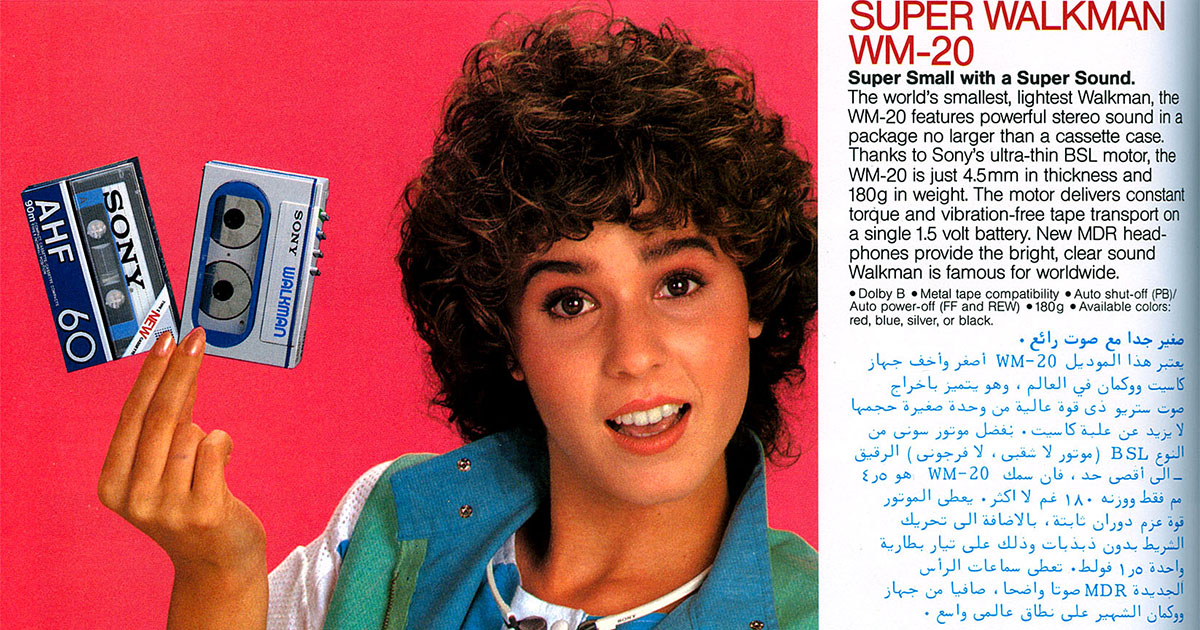EXPLORING PLANET TECH
★ ★ ★ ★

By Kusi Okamura
There is a hum in hospitals that you hear when everyone is asleep. It reveals itself when the elderly lady in the bed next to you has succumbed to her sedatives, when all the lights get turned off in one fell swoop, and when the nurse finally gets to sit down for a long deserved cup of tea. It’s the hum of machines doing the work that all the broken and sick bodies cannot do. They pump oxygen into lungs, medicines into veins, monitor heart-rates and blood pressure. It’s a comforting kind of noise. We all lie there, plugged in, drugged out, not unlike newborns drunk on breast milk, helpless and vulnerable.
Because you are in an Irish hospital, in the light of day, you may notice it is rough around the edges. There is a tap that drips piping hot water all day long. The toilet resembles a pub loo at the end of a Saturday night. You are scared of the germs, the bad smells, the dirt, and you spray hand disinfectant whenever possible. Throughout your stay several people—nurses, doctors, stewards—will tell you that “the health system is broken”. Very matter-of-fact. Maybe a little apologetically. As if it were a beloved aunt, now infirm and senile, and belching loudly in the corner, and shouting obscenities.
And it may be the opiates they have you on, but as the lights go out again you think about the system, and wonder who broke it. You think about the machines pumping, the cogs and gears spinning, and how grateful you are to be getting well and out of there. And you wonder, if technology is our servant, then why do we feel at the mercy of the whole deck of cards? You are sure that someplace somewhere is a little man behind a curtain pushing all the buttons. You know once you have a little sleep you will work it out.
* * * *
As the editor of an online magazine I am far from a technophobe, but neither am I a technophile. I sit, I assume like most people, somewhere in the middle, balancing a mixture of need and necessity, of use and abuse.
I come from the generation of the tape-deck. A machine which, in a recent video I saw on Facebook, baffles today’s generation of kids. So antiquated! So cumbersome! (Fellow children of the 80s will remember well the horrible distorted sound of a precious tape being chewed up by the machine).
And the brave new world that I imagined was the one depicted in the film Back to the Future. There would be hoverboards—check! You would be able to call someone on video and chat face-to-face—thank you Facetime and Skype—check! And best of all, self-tying shoes—check!
But the more I think about, the more I realise that it all started with the Walkman. Remember that nifty piece of hardware that allowed you to walk and listen to music at the same time? It had the sheer hocus-pocus magic of allowing the wearer to put on a pair of earphones and make the real world disappear. Whoosh! There would be an instant wall of The Cure to drown out your surroundings. Anyone who has tried to talk with a teenager with a tablet or phone will recognise this. A piece of technology that holds the world at bay, and puts you out of reach of those around you.
* * * *
When thinking of this month’s theme PLANET TECH, I wanted to hear how technology impacts our daily lives. I wanted to understand more about our relationship with the machines that we have created, but often seem to be at the mercy of. I wanted to hear about ways to get a handle on it all. And if it were possible, I wanted to get a glimpse into the minds who have not only embraced technology, but who also have a vision for it within our world.
And our latest issue doesn’t disappoint.
We hear about people who use technology in their art, in their music. Ariel Calver is a photographer who delights in using different mediums in her work. Our Altbau Sessions musical act The Duet of Musical Sewing Machines use textile instruments to make punk experimental music. We have some thoughtful writing from our Artist-in-Residence Emer Martin about being an artist in Silicon Valley.
Sharon Murphy tells us about her family who have taken tech into their daily lives and she points out that in actuality, though most of us don’t know it, technology is already embedded in our every day, from how our coffee is brewed in the morning to how we entertain ourselves in the evening.
As ever, our Soapbox columnist Mike Hembury lays out a very important point—that we cannot become complacent and ignore the technological developments of government, state and military. Because ignorance is never an excuse.
And then there are people who use technology to create and inspire, to help and improve the lives of others. Kevin Adler tells the true story behind Miracle Messages, an organisation in San Francisco that helps reunite homeless people with their families with the help of social media. And 20-year-old Susannah Hunt writes about creating an Instagram account that brought the issue of menstruation as a human rights issue to the fore.
We hope that through reading this issue some questions about our relationship to technology will be answered. But most of all, I hope you will entertained, informed, and most importantly, inspired.

Kusi Okamura is the founder and editor of The Wild Word. She is a writer and lives in Berlin, Germany.
























“If technology is our servant, then why do we feel at the mercy of the whole deck of cards?” A succinct and astute way of describing life in the early 21st century. An excellent introduction to a great issue!